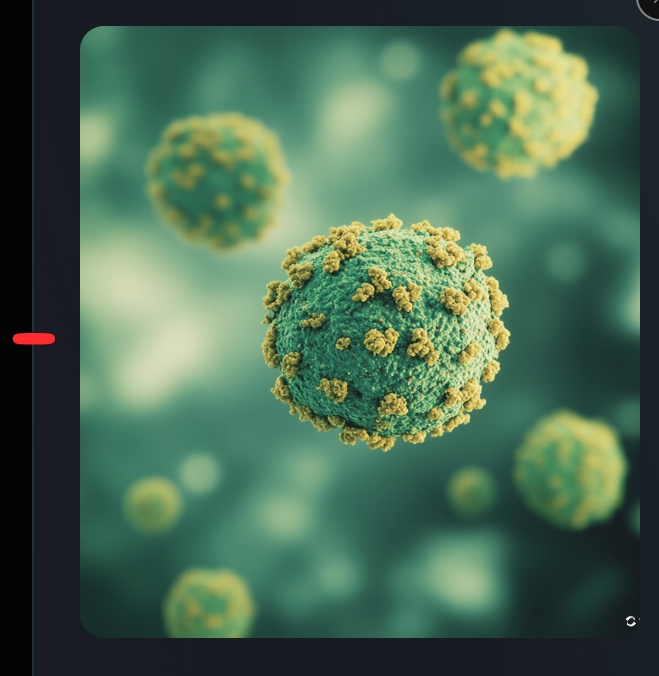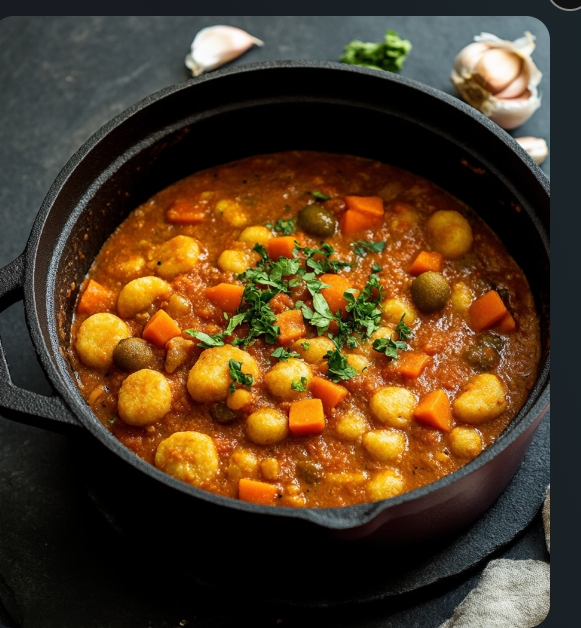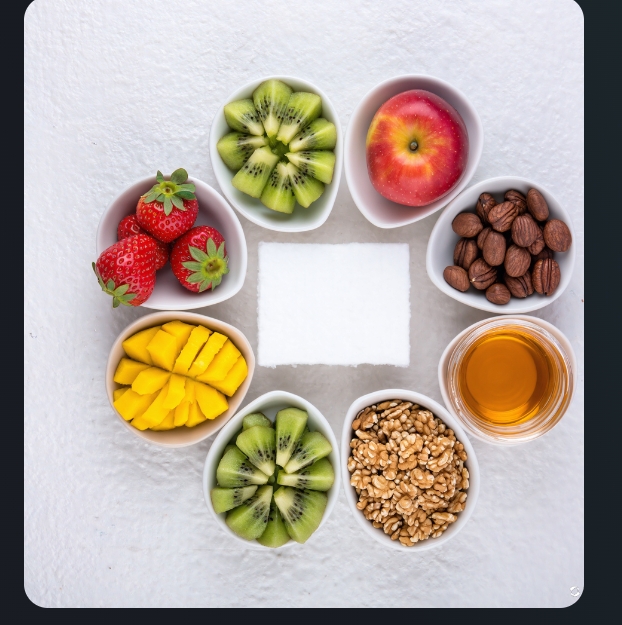

Strengthen your body’s natural defenses! Discover effective natural ways to boost your immune system, including diet, lifestyle changes, and stress management techniques. Protect yourself naturally! Tips for Boosting Your Immune System Naturally.
Introduction:
Tips for Boosting Your Immune System Naturally.your immune system is your body’s intricate defense network, protecting you from viruses, bacteria, and other harmful invaders. While a robust immune system is crucial for overall health, various factors can weaken its effectiveness. Fortunately, numerous natural strategies can help you strengthen your immune system and enhance its ability to fight off illness. This comprehensive guide explores effective natural ways to boost your immune function, focusing on diet, lifestyle changes, and stress management techniques.
Part 1: The Importance of a Strong Immune System
A strong immune system is essential for preventing and fighting off infections. When your immune system is functioning optimally, it effectively identifies and eliminates pathogens, preventing illness or minimizing its severity. However, various factors can compromise immune function, including:
- Poor Diet: A diet lacking in essential nutrients weakens the immune system’s ability to function effectively.
- Lack of Sleep: Insufficient sleep impairs immune function, making you more susceptible to illness.
- Chronic Stress: Chronic stress weakens the immune system, increasing vulnerability to infections.
- Lack of Exercise: Regular physical activity is crucial for maintaining a healthy immune system.
- Smoking: Smoking significantly damages the immune system, increasing the risk of respiratory infections and other illnesses.
- Excessive Alcohol Consumption: Excessive alcohol consumption weakens the immune system and increases susceptibility to infections.
Part 2: Dietary Strategies for Immune Support
Nutrition plays a pivotal role in immune function. A balanced diet rich in essential nutrients is crucial for supporting a strong immune system. Focus on incorporating these foods:
- Fruits and Vegetables: Fruits and vegetables are packed with vitamins, minerals, and antioxidants that support immune function. Aim for a variety of colorful fruits and vegetables to maximize nutrient intake. Examples include berries, citrus fruits, leafy greens, and cruciferous vegetables.
- Whole Grains: Whole grains provide fiber, which supports gut health, a crucial aspect of immune function. Choose whole-wheat bread, brown rice, quinoa, and oats.
- Lean Protein: Lean protein sources, such as chicken, fish, beans, and lentils, provide essential amino acids necessary for immune cell production.
- Healthy Fats: Healthy fats, such as those found in avocados, nuts, seeds, and olive oil, are essential for immune cell function.
- Probiotics: Probiotics are live microorganisms that confer health benefits. They support gut health, which is closely linked to immune function. Sources include yogurt, kefir, sauerkraut, and kimchi.
Part 3: Lifestyle Changes to Boost Immunity
Beyond diet, lifestyle changes significantly impact immune function:
- Prioritize Sleep: Aim for 7-9 hours of quality sleep per night. Sufficient sleep allows your body to repair and regenerate, strengthening its immune defenses. Establish a regular sleep schedule and create a relaxing bedtime routine.
- Manage Stress: Chronic stress weakens the immune system. Practice stress-management techniques such as meditation, yoga, deep breathing exercises, or spending time in nature.
- Regular Exercise: Regular physical activity strengthens the immune system. Aim for at least 150 minutes of moderate-intensity aerobic exercise per week.
- Stay Hydrated: Drink plenty of water throughout the day to support optimal bodily functions, including immune function.
- Avoid Smoking and Limit Alcohol: Smoking and excessive alcohol consumption significantly weaken the immune system. Quit smoking and limit alcohol intake to protect your immune health.
- Maintain a Healthy Weight: Obesity is linked to impaired immune function. Maintain a healthy weight through a balanced diet and regular exercise.
Part 4: Essential Nutrients for Immune Support
Certain nutrients play a crucial role in supporting immune function. While a balanced diet is ideal, supplementation may be beneficial in certain cases:
- Vitamin C: A powerful antioxidant that supports immune cell function. Sources include citrus fruits, berries, and bell peppers.
- Vitamin D: Essential for immune cell regulation. Sources include sunlight exposure, fatty fish, and fortified foods. Supplementation may be necessary, especially during winter months or for individuals with limited sun exposure.
- Zinc: Plays a vital role in immune cell development and function. Sources include oysters, red meat, poultry, beans, and nuts.
- Selenium: An antioxidant that supports immune function. Sources include Brazil nuts, tuna, and eggs.
Part 5: Herbal Remedies and Supplements (Consult a Healthcare Professional)
Several herbal remedies and supplements are traditionally used to support immune function. However, it’s crucial to consult a healthcare professional before using any herbal remedies or supplements, especially if you have pre-existing health conditions or are taking other medications. Some commonly used options include:
- Elderberry: Often used to reduce the duration and severity of cold and flu symptoms.
- Echinacea: May help stimulate the immune system and reduce the risk of upper respiratory infections.
- Ginger: Possesses anti-inflammatory properties and may help alleviate cold and flu symptoms.
- Garlic: Contains compounds with antiviral and antibacterial properties.
Part 6: Hygiene Practices for Preventing Illness
Maintaining good hygiene practices is crucial for preventing the spread of infections:
- Wash Your Hands Frequently: Wash your hands thoroughly with soap and water for at least 20 seconds, especially after using the restroom, before eating, and after being in public places.
- Avoid Touching Your Face: Avoid touching your eyes, nose, and mouth to prevent the transmission of germs.
- Cover Your Cough and Sneeze: Cover your mouth and nose with a tissue or your elbow when you cough or sneeze.
- Clean and Disinfect Surfaces: Regularly clean and disinfect frequently touched surfaces, such as doorknobs, light switches, and countertops.
Conclusion:
Boosting your immune system naturally involves a holistic approach encompassing diet, lifestyle, and stress management. With consistent effort, you’ll be well on your way to a stronger, healthier you.Remember that consistency is key; making gradual changes and maintaining healthy habits over time will yield the best results. While these natural methods offer valuable support for immune function, remember that professional guidance is essential. Consult a healthcare professional for any concerns about your immune health, especially before starting new supplements or herbal remedies. Ultimately, a strong immune system is a cornerstone of overall well-being.”
Keywords: boost immune system, immune system booster, natural immune booster, immune system support, strengthen immune system, healthy immune system, immune health, natural remedies, vitamins for immunity, healthy lifestyle, stress management, sleep, exercise, diet, nutrition, probiotics, antioxidants, vitamin C, vitamin D, zinc. Tips for Boosting Your Immune System Naturally.






